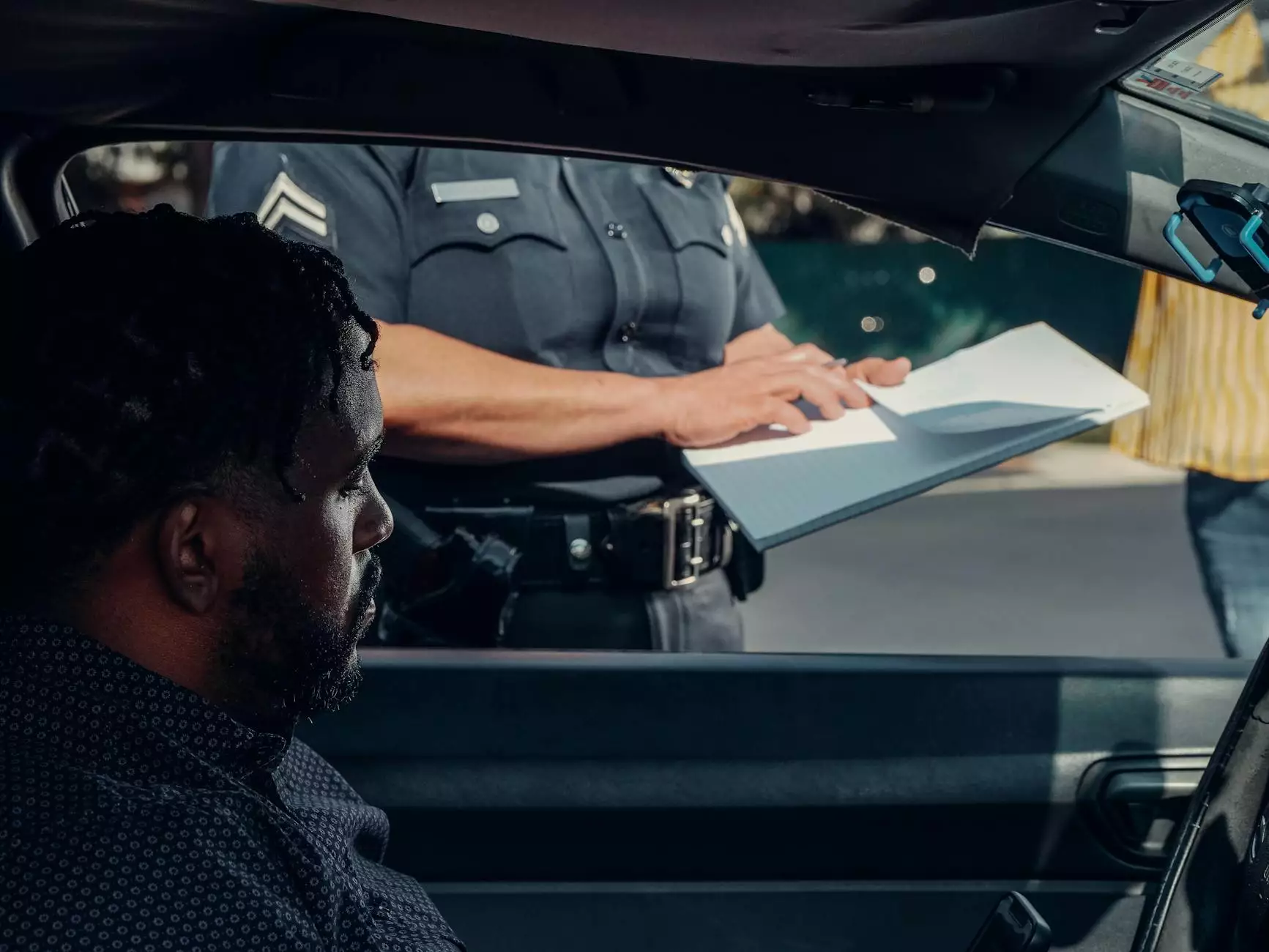How Long Do You Have to Report a Car Accident in New Jersey?
DWI/DUI
Welcome to The Skiendziul Law Firm's comprehensive guide on reporting car accidents in New Jersey. If you've recently been involved in a car accident in the state, it's crucial to understand the legal requirements and time limits associated with reporting such incidents. In this article, we will provide you with all the information you need to know regarding the reporting timeline, necessary steps to take, and the potential legal implications involved.
Understanding the Reporting Timeline
In New Jersey, it is mandatory to report a car accident if it results in injury, death, or at least $500 worth of property damage. The reporting deadline varies depending on the circumstances of the accident.
Accidents Resulting in Injury or Death
If the car accident caused personal injury or resulted in someone's death, you must report it to the local police department within 10 days of the incident. It is crucial to remember that failure to report such accidents within the specified timeframe may result in legal consequences. Therefore, it's important to act promptly and report the accident as soon as possible.
Accidents Resulting in Property Damage
When only property damage occurs as a result of a car accident, the reporting deadline varies. If the accident involves a parked vehicle, the incident must be reported to the local police department or the New Jersey State Police within 24 hours.
However, if the accident involves a moving vehicle and there is no immediate availability of the police, you are required to report the accident to the nearest police station within 24 hours as well. An alternative option is to report the accident at the police station closest to the accident scene. In such cases, it's essential to provide accurate and detailed information to ensure a proper report is filed.
Necessary Steps to Take
After being involved in a car accident in New Jersey, there are several crucial steps you should take to protect your rights and ensure a smooth claims process:
1. Check Yourself and Others for Injuries
First and foremost, check yourself and others involved in the accident for injuries. If anyone appears to be seriously injured, call for emergency medical assistance immediately. Your health and the well-being of others should always be the top priority.
2. Move to a Safe Location
If it is safe to do so, move your vehicle to the side of the road to avoid obstructing traffic and prevent any additional accidents. This is particularly important if your car is causing a hazard or impeding the flow of traffic.
3. Contact the Local Authorities
Regardless of the severity of the accident, it is crucial to report it to the local authorities. Calling the police will ensure that an official report is filed, which can be valuable for insurance purposes and potential legal actions.
4. Gather Information
While waiting for the authorities to arrive at the scene, gather as much information as possible. This includes obtaining the other driver's contact details, insurance information, license plate number, and the names and contact information of any witnesses present. Additionally, take photos of the accident scene, including any visible damages to both vehicles.
5. Seek Medical Attention
If you have sustained any injuries, no matter how minor they may appear, it's important to seek medical attention immediately. Some injuries may not manifest immediately, and obtaining medical documentation can be crucial for insurance claims and any potential legal proceedings.
6. Notify Your Insurance Company
Contact your insurance company as soon as possible to report the accident and initiate the claims process. Provide them with all the necessary information and cooperate fully throughout the process. It's important to remember that early notification can prevent any potential delays in receiving compensation.
Legal Implications
Understanding the legal implications of reporting a car accident in New Jersey is crucial to protect your rights and ensure a fair resolution. Failure to report an accident within the specified timeframe can result in penalties, fines, and potential complications in your insurance claims process.
Additionally, New Jersey follows a modified comparative negligence rule when determining liability in car accident cases. Under this rule, your ability to recover compensation may be reduced if you are found partially at fault for the accident. Therefore, it's essential to consult an experienced car accident attorney, such as The Skiendziul Law Firm, to navigate through the complex legal landscape and maximize your chances of receiving fair compensation.
Contact The Skiendziul Law Firm for Expert Guidance
If you or a loved one has been involved in a car accident in New Jersey and have questions regarding reporting timelines, legal implications, or the claims process, The Skiendziul Law Firm is here to help. With our expertise in car accident cases, we can provide you with the necessary guidance and support to navigate through the legal complexities and ensure your rights are protected.
Contact The Skiendziul Law Firm today to schedule a consultation and let us assist you in obtaining the compensation you deserve.









